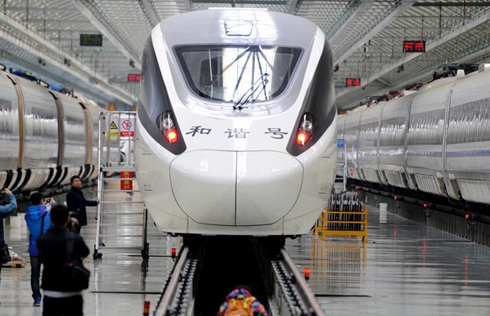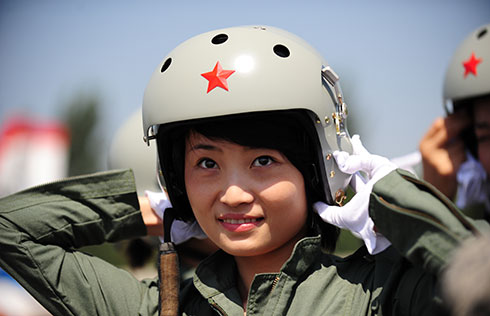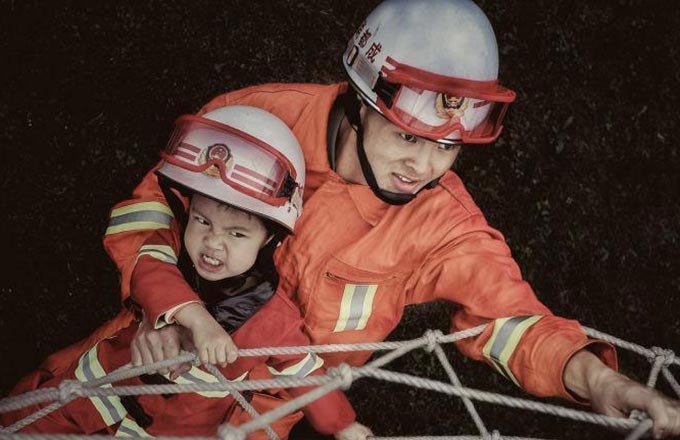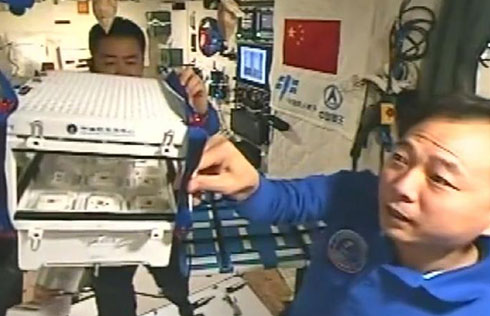Police bust alcohol counterfeiters
Beijing police said they have busted 10 gangs involving almost 90 people suspected of producing and selling fake Chinese liquor in a recent crackdown.
The fake liquor was copies of well-known brands, including Moutai and Wuliangye, police said in a statement on Thursday.
The announcement comes one month after media reported on fake imported wine and beer being seized in "Bar Street" in Beijing's Sanlitun. Experts said fake name-brand alcohol is usually rampant in the days before major holidays.
Police said they tracked the alcohol counterfeiters to their workshops thanks to tips provided by residents in Tongzhou district's Yongzhou township in December.
Initial investigations showed the suspects used empty bottles they bought from regions neighboring Beijing, such as Tianjin municipality, Shandong and Shanxi provinces, and filled them with fake liquor.
On Jan 25, police closed 40 illegal workshops and confiscated 6,060 bottles of alcohol, with a total value of 5.37 million yuan ($861,000), according to a statement provided by the city's public security bureau on Thursday.
Eighty-eight suspects, all from Gushi county in Henan province, were caught in Beijing's Tongzhou district.
Fifty-three of the suspects have been detained, the statement said.
Some of the suspects could be sentenced to seven years in prison for breaching copyrights, said Zhao Li, a criminal lawyer with Beijing King and Bond Law Firm.
Police did not say where the fake Chinese liquor was sold. The case is still under investigation, the statement said.
In January, Beijing police detained five people suspected of supplying fake imported wine and beer to establishments in Sanlitun's Bar Street. More than 37,000 bottles of fake booze were seized.
The suspects confessed they bought or recycled quality wine bottles and put cheap wine in them, aiming to sell the bottles at a high price.
Ding Feng, a police officer at Sanlitun police station, said the station stepped up checks on Bar Street after the fake alcohol was found.
Currently, only one police officer at the station is responsible for checking liquor in more than 20 bars twice a week, which is "quite a big workload", said Ding, adding more police officers will be assigned to the job.
But reports from residents or customers are the main source of information for police, he said, admitting that police officers untrained in wine tasting face great difficulty in determining the difference between authentic and fake alcohol.
Forgers also tend to produce counterfeit alcohol products in rented houses in urban-rural areas of the city and often move around, posing great challenges for law enforcement, said a police officer with Fengtai district's subbureau, who did not want to be identified.
Despite the crackdown, it is not easy to root out alcohol counterfeiters, said Dai Peng, director of the criminal investigation department of the People's Public Security University of China.
"As counterfeiters often use low-quality liquor in counterfeiting, which in many cases won't damage drinkers' health, the forgers will not receive punishment that is severe enough to stop them," he said.
























